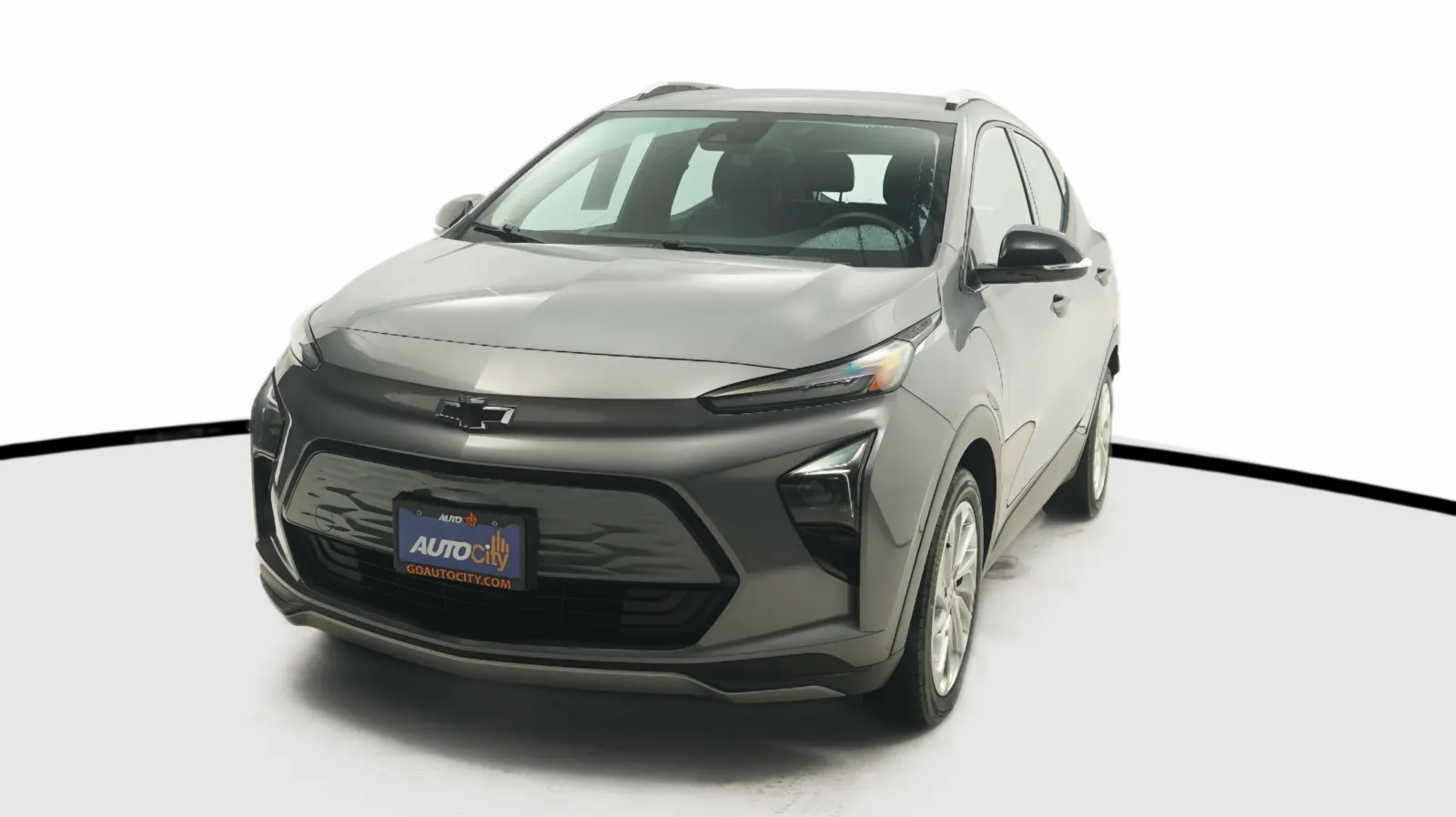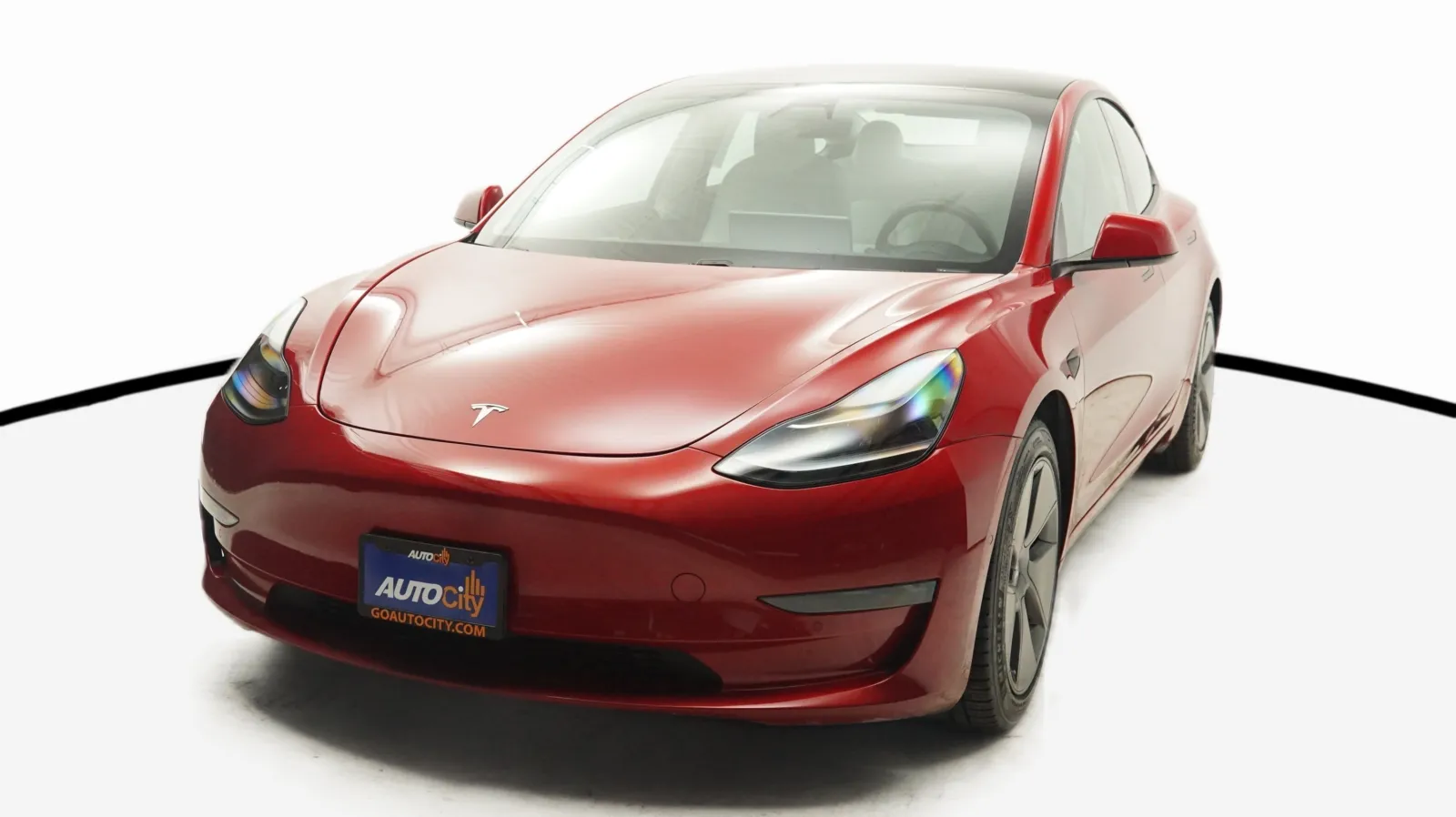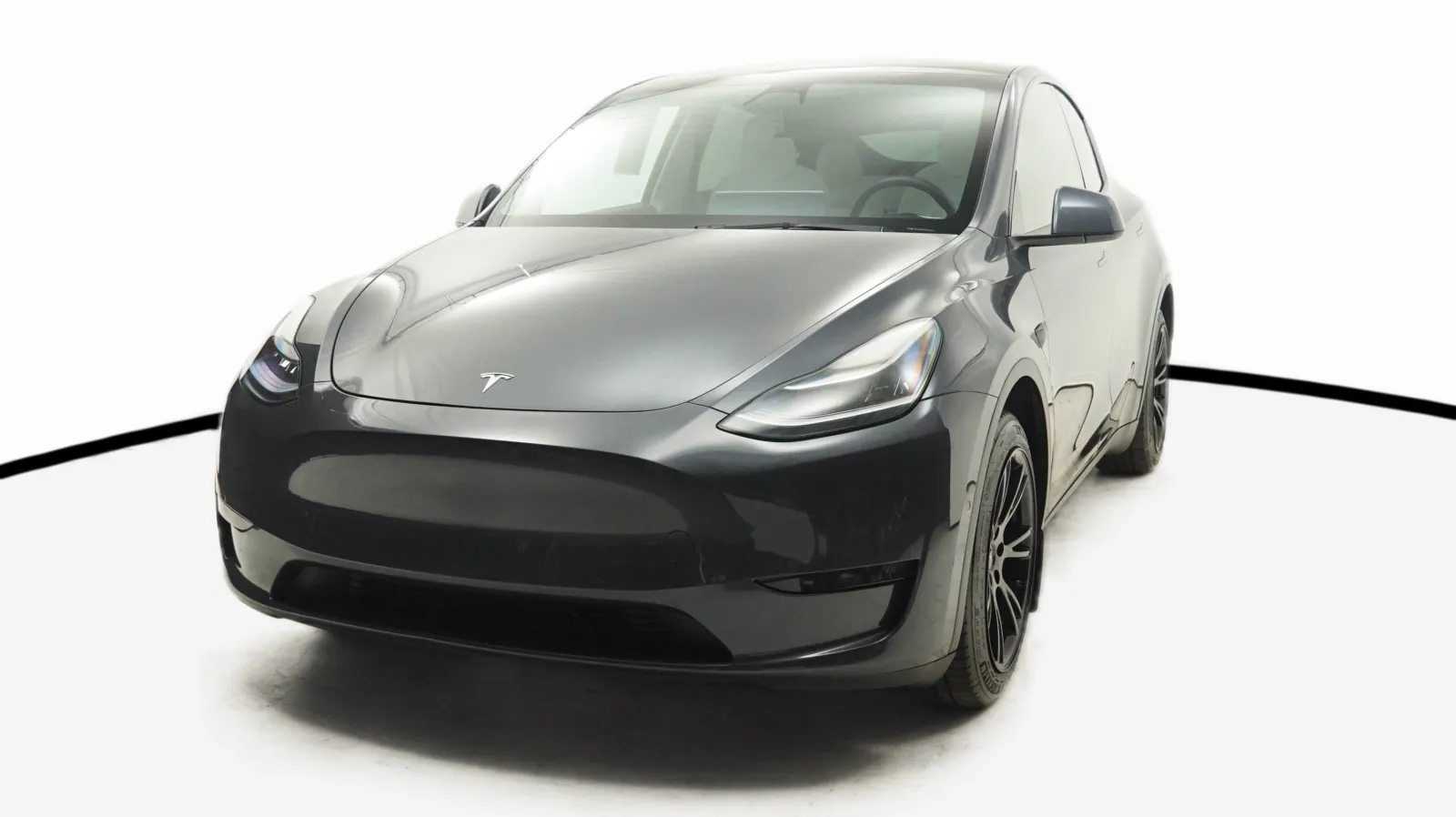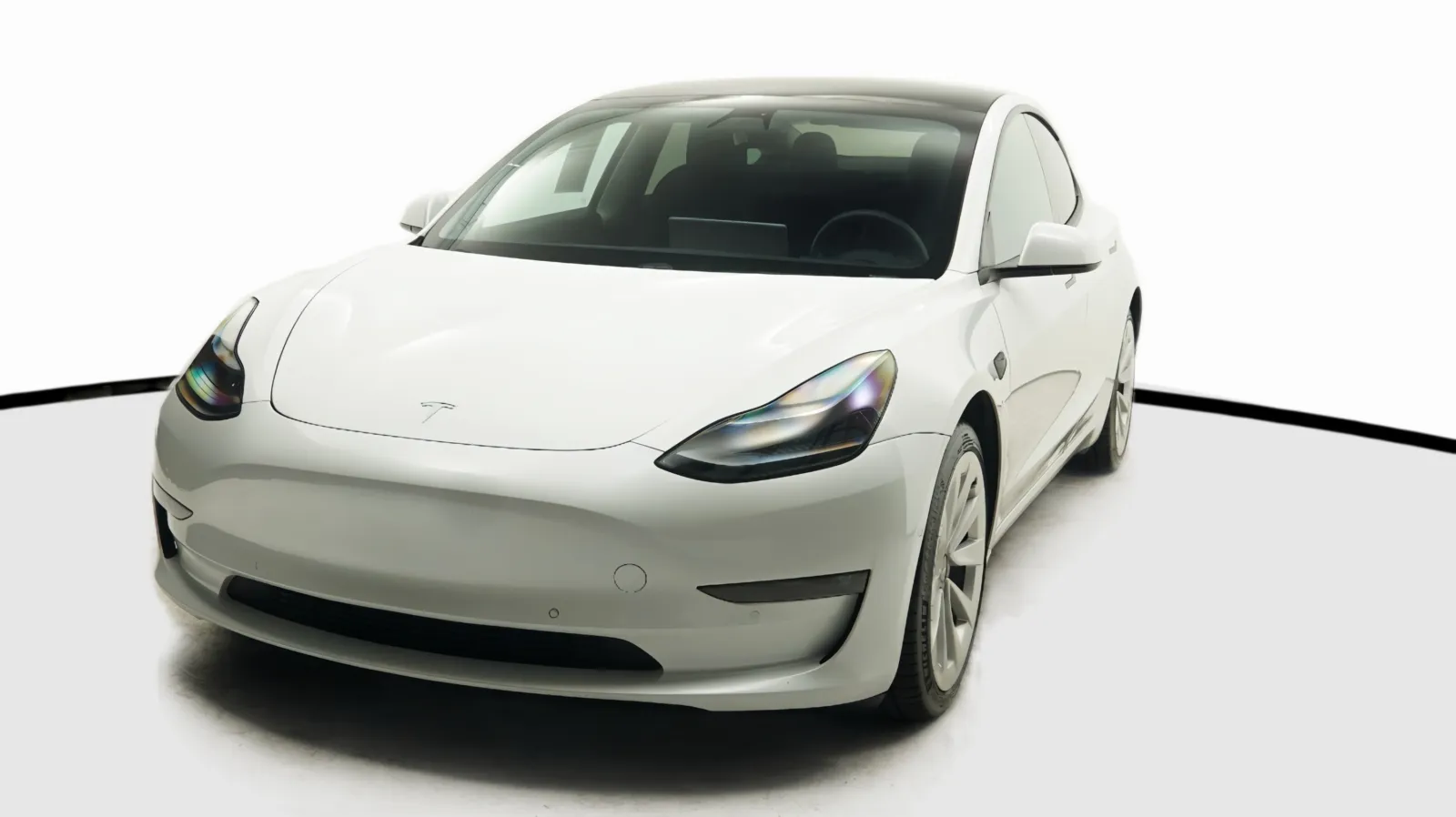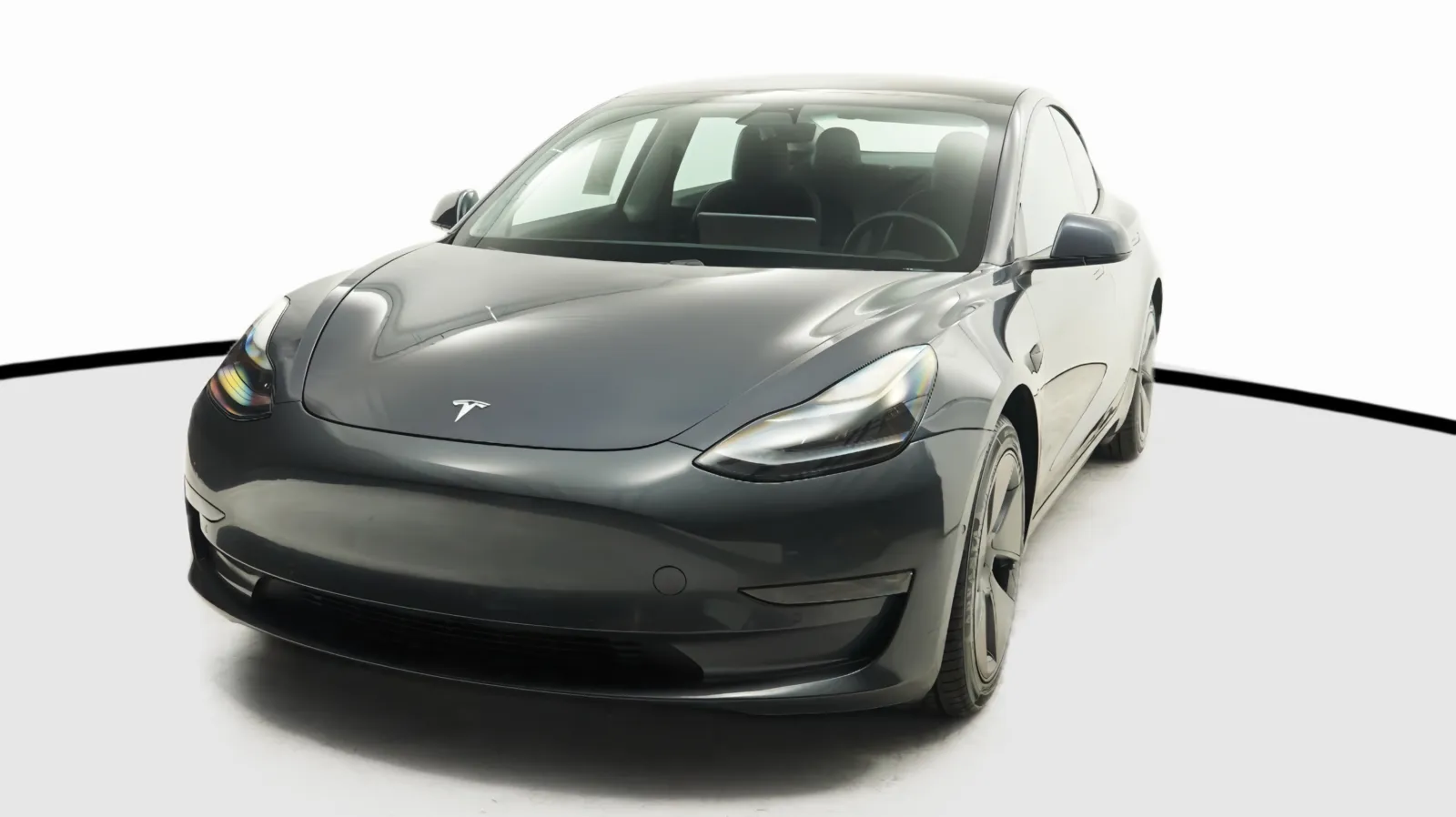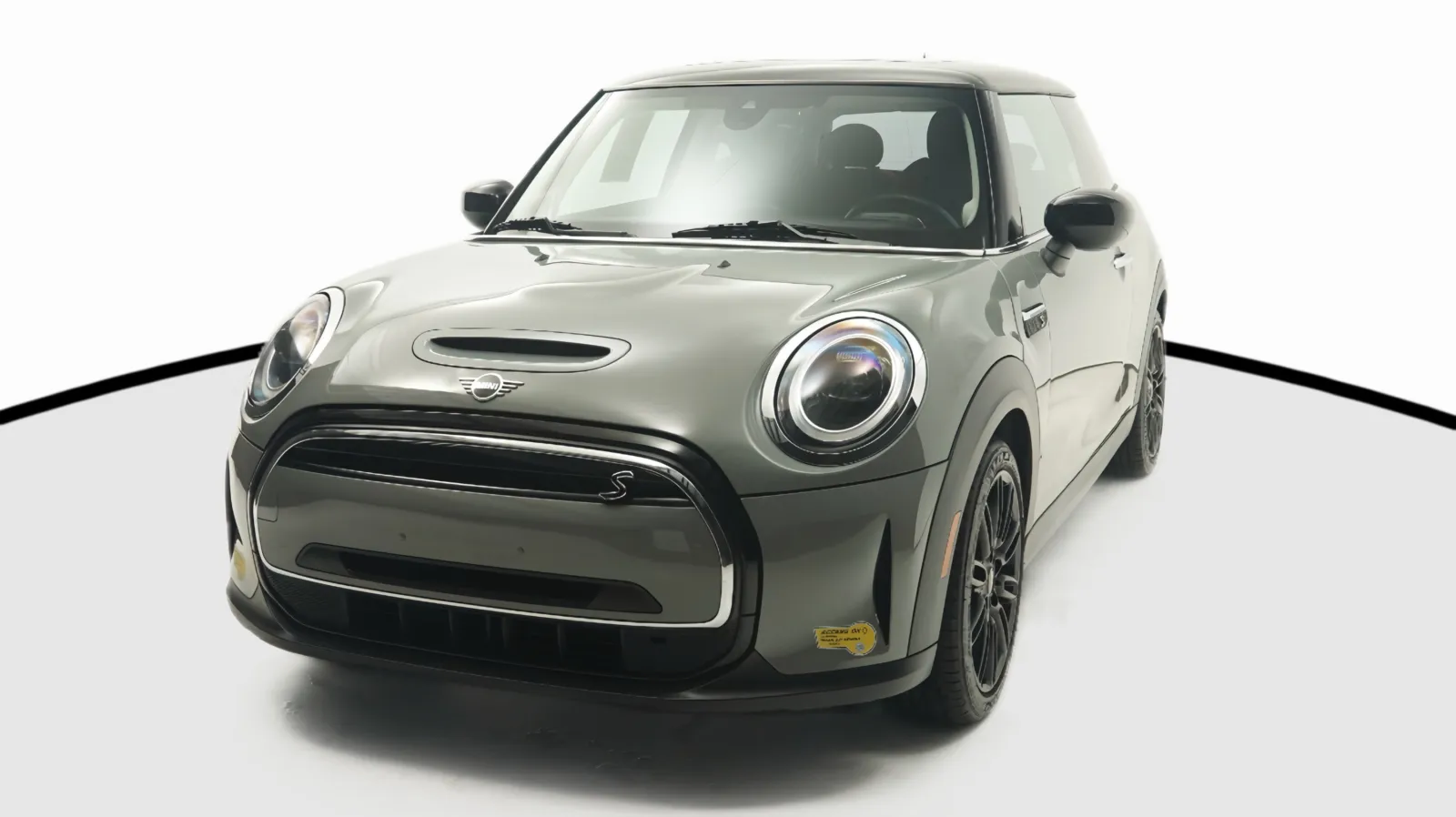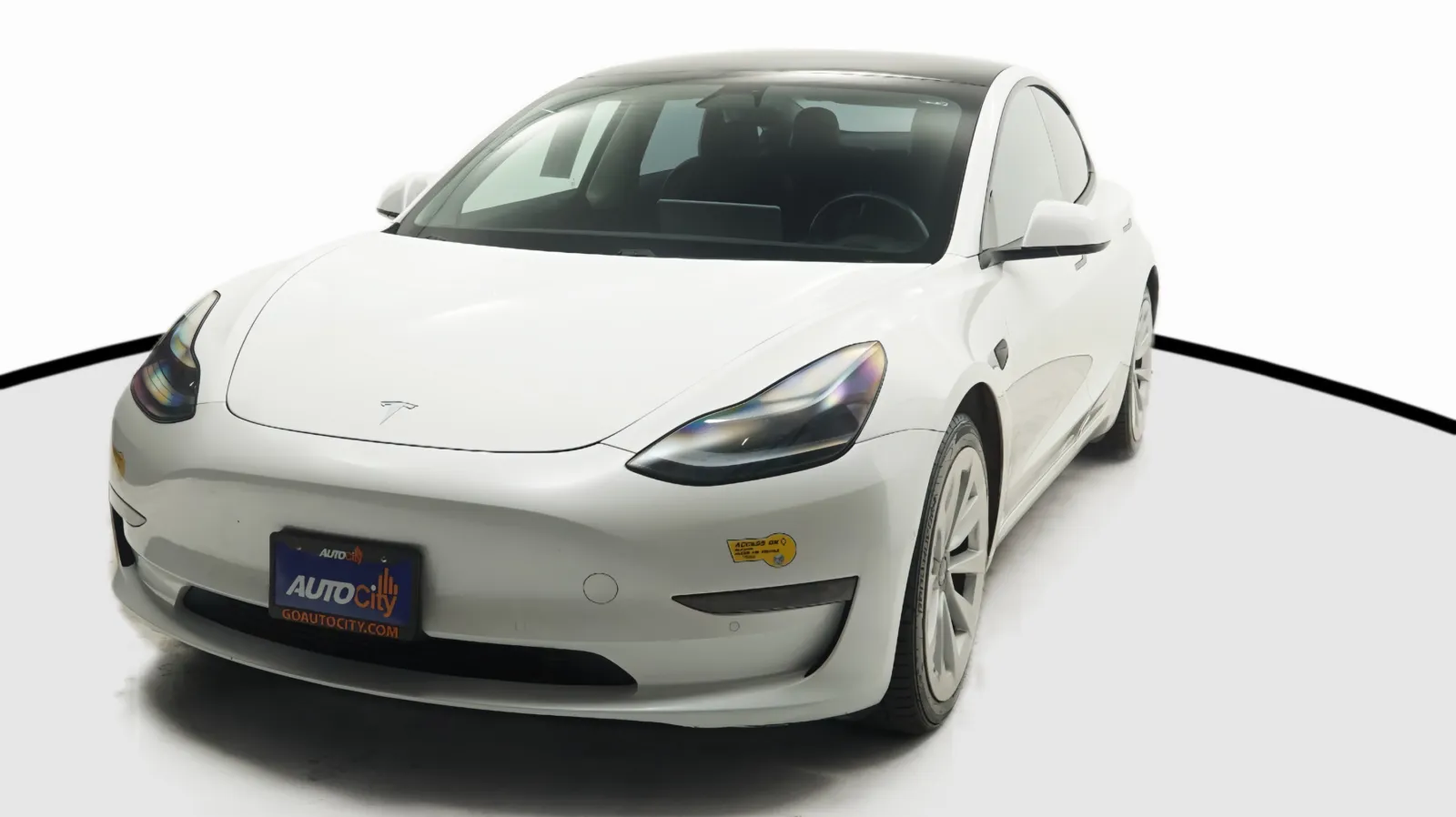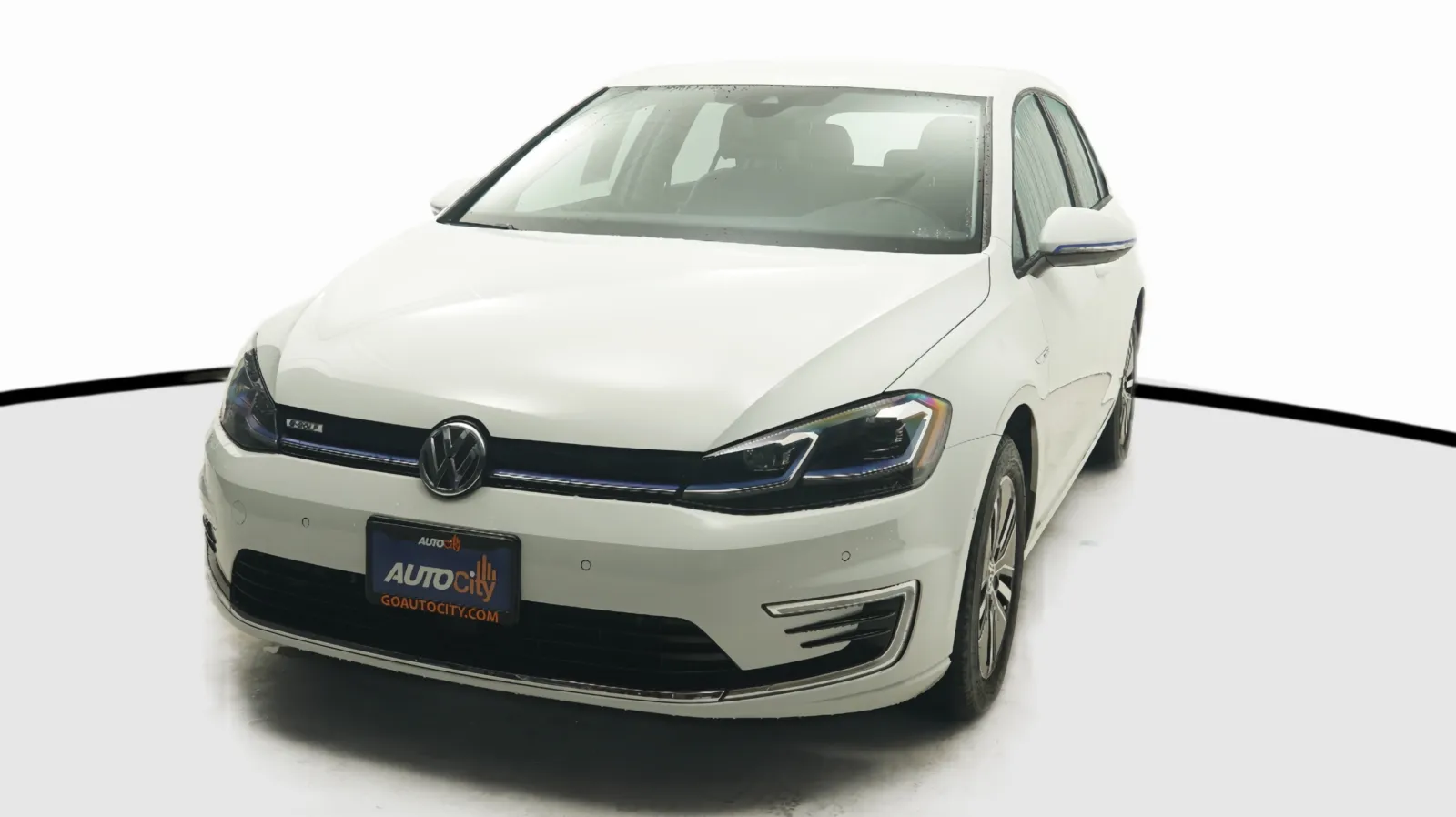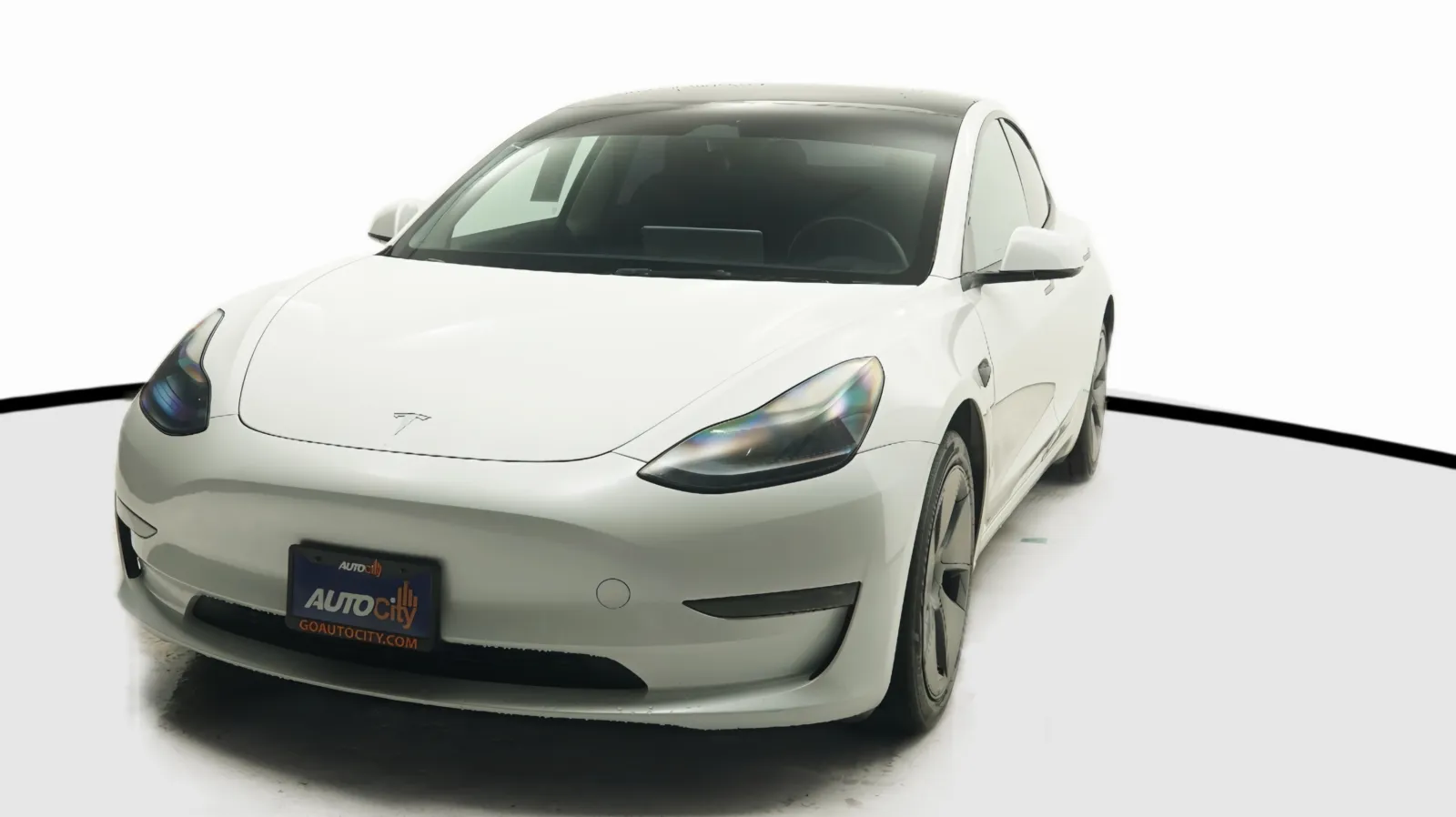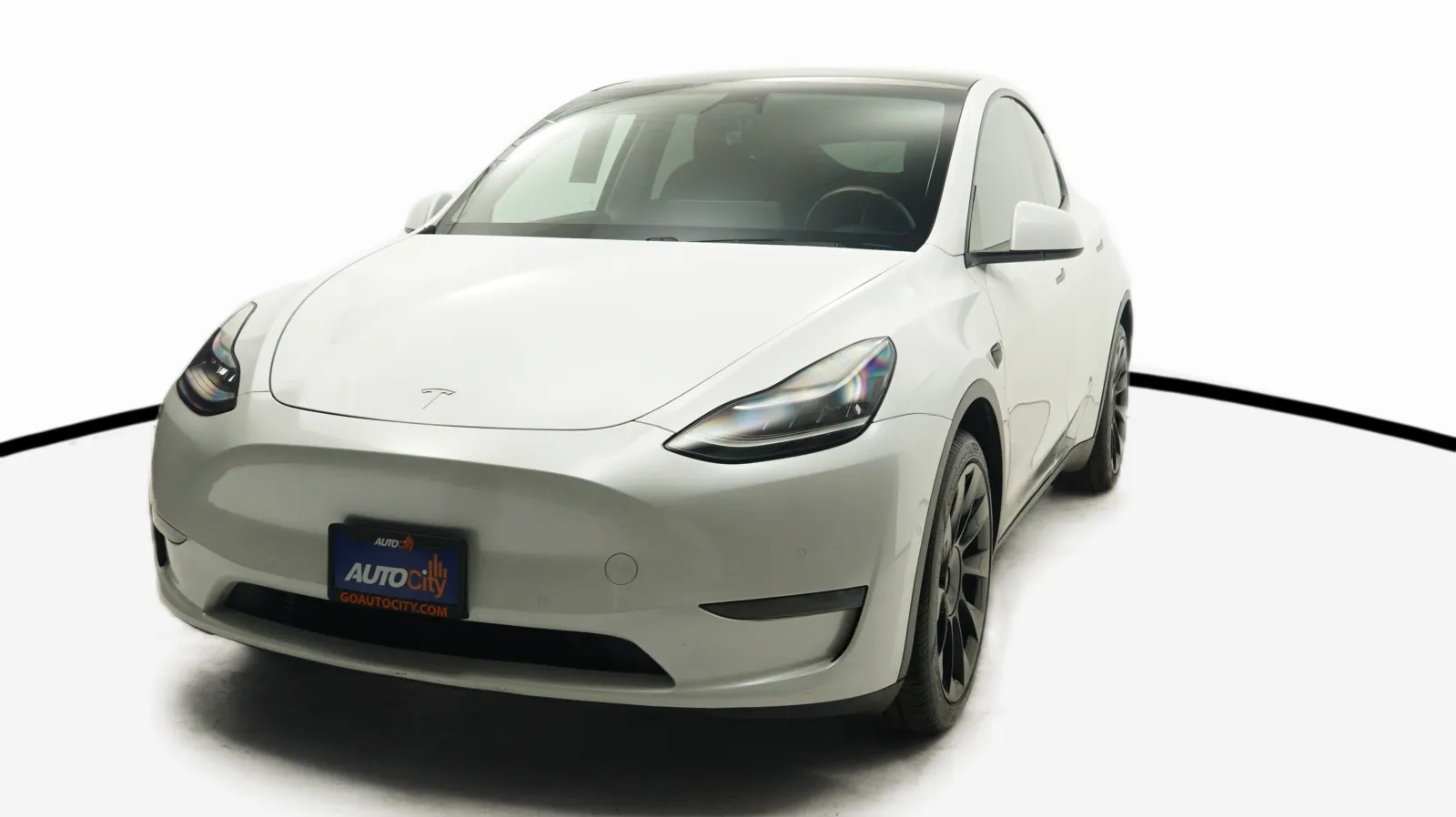Do We Really Need Car Dealers?
Do We Really Need Car Dealers?

People love to hate used car salesmen and used car dealerships. Heck, plenty of people like to hate new-car dealerships as well. Anyone who has ever felt like they got “ripped off” or pressured into something they didn’t really need or want probably has a pretty low opinion of the car-selling industry. And this kind of begs the question – Aren’t car dealerships becoming obsolete? The short answer is no. Here’s why:
What Role Do Car Dealers Play in the Economy?

For new cars, dealerships became the central place for everything a consumer needs for the makes and models that dealership carries. The car manufacturing companies simply are not set up to deal directly with consumers. When the car companies were looking to expand quickly across the nation back in the early days, there was no way they could establish and run all the retail sites the envisioned. They adopted the franchise model, as so many other businesses have done, because it allowed them to expand quickly.The various roles a dealership plays include the following:
- Customer convenience: The role car dealerships play now, whether for new or used cars, is incredibly convenient for customers. At the dealerships in their area they can see different models, and test drive them to find out what they like and what will meet their needs. Most people don’t have to travel very far to find multiple dealerships.
- Service centers: Since those early days, dealerships (both new and many used) have become the logical place to provide maintenance and repair services, sell parts to consumers and, in the case of brand-name dealerships, also handle recalls and warranty claims.
- Paperwork and processing . Purchasing a car is complex financial transaction. All the right paperwork has to be handled correctly, as well as making sure the appropriate sales tax is charged for the state where the dealership is located, not to mention arranging for financing if needed. These are all aspects of selling cars the manufacturers don’t need to deal with themselves thanks to the dealership model. And dealerships have got this complex financial transaction down to a science. The can make it happen in a surprisingly short amount of time.
- Reconditioning . The used car market through dealerships is how we get the most out of vehicles over their life cycle. Careful reconditioning to restore a car means giving it a second life to another owner – and maybe a third and fourth life as well. Without this vital reconditioning task happening at dealerships, there would be a lot more cars heading for the scrap pile sooner than they should.
- Used car market management . In the used car market, dealerships help manage the supply and demand in their local areas. They see what’s in demand and what isn’t and set prices accordingly. Imagine if the only way to handle the used car market were through private sales by owners. It would be a one big disaster.
In short, dealerships serve to make the entire post-manufacture auto industry a lot more efficient than it would otherwise be without them.
There Isn’t a Viable Alternative to Carl Dealerships (yet)

There are people who have said they expect car dealerships will cease to exist by 2025. Really? And how, pray tell, will people buy their cars if not from a dealership? Maybe directly from the automobile manufacturers? The problem with this idea is that selling cars doesn’t come naturally to companies that make them. If they were in charge of selling, the whole thing would probably be a nightmare of epic proportions. This isn’t to say there won’t someday be a viable alternative, but whatever that might be, it certainly isn’t here yet. Others think that the brave new digital world of the 21 st century surely means it will just all happen online, right? Go read the real customer reviews of places that do all-online car selling and you’ll quickly realize this is far from being a viable alternative. There’s also one such company in particular that touts itself as not being a dealership. But don’t believe the hype. It is a dealership through and through, even if they’re trying to minimize contact between human beings in the car selling process. Check out our previous article about the Top 4 Reasons Not to Buy Used Cars Online .
This Many Car Dealerships Will Not Disappear Any Time Soon

According to the National Automobile Dealers Association (NADA), there are 16,753 franchised car dealerships in the US. These are the brand-name dealerships that sell new cars that they get directly from the manufacturers. What about used car dealers? IBISWorld reports that there are 1445,422 operators in the used car industry. It’s not clear if that number includes all the franchised dealerships, pretty much all of whom do sell used cars as well, but either way there are a staggering number of dealerships across the nation! It would be unimaginable to think all of those businesses are going to disappear in the space of six short years. Franchised dealerships employ two million workers, and used car dealerships employ another 270,000. That’s a whole lot of people who would have to find jobs over the next six years if dealerships actually ceased to exist by 2025. This is highly unlikely to happen.
The Car Dealership Model Persists Because it Works

The model for automobile retailing has been around for many decades, and has barely changed at all, even with the rise of the Internet, world wide web, and mobile devices. The model has this longevity because it works. The basic bones of the model are solid and will continue to be so for the foreseeable future. After all, car dealerships have got the entire process down to a science, making it super-fast and easy to buy a car in a matter of hours. And this is a purchase that for many people will be second in size only to their home. Can you imagine buying a home in a matter of hours? Of course not! It is truly impressive what car dealerships have accomplished in their retail model. And yes, the model also has its problems and there is plenty of room for improvements to be made at most car dealerships. One area ripe for improvement is to train staff and salespeople on how to make better use of digital tools in the retail process. Dealerships of all types could also do a better job of leveraging big data into better meeting customer needs.
An Exception in All of This is Tesla and its Lonely Battle
Most car manufacturing companies really don’t want to have anything to do with the actual selling of the vehicles they make. One exception to this general rule is Tesla and the way it wants to sell its electric cars. Tesla wants to sell its cars directly to consumers without going through franchised dealerships. But there’s a pretty big hurdle they will need to overcome: Existing laws that preserve the franchised dealership model (Texas, for example, has a law that bans direct-to-consumer sales), and the powerful NADA lobby that wants to make sure nothing changes in that regard. NADA is actually trying to get states to specifically ban Tesla from selling its cars directly to consumers. But Tesla isn’t backing down either, and has had some initial court battles come out in its favor. This particular fight is going to be a long haul.
The Local Business Angle is Important

Here’s the thing about car dealerships, whether they’re franchised brand-name dealerships or independent used car dealerships – they’re all local businesses. They employ local people and serve the local community. Yes, some of the money of a franchise dealership exits the community to line the coffers of the car manufacturing companies, but a good chunk of it stays local, and even more so for independent used car dealerships. The best car dealerships get involved in the local community, such as donating to local charities and sponsoring local youth and adult sports teams. Employing millions of people across the nation is something worth preserving in the opinions of many. The dealership system does come at a cost. Some estimates say car prices are 5-10% higher than they might otherwise be without the whole middleman effect of dealerships. Others say it’s a small price to pay for all local business benefits each community gets from its dealerships.
If you’re one those people who love to hate used car salespeople and dealerships, you owe it to yourself to discover a better way to shop for a used car – one that you will actually love. We invite you to come see and experience how we do things differently at Auto City. We let you take the lead in how fast or slow you want the process to go. Haggling over price? Never! Our firm, up-front, fair and competitive pricing means you never have to sweat your way through trying to negotiate a lower price. We think our perfect pricing approach saves both you and us a lot of time and headaches. Our superior selection focuses on more recent models with lower mileage that are in great shape, which means you never have to worry about buying a lemon. And when it comes to financing, we totally rock at car l oans. Top it all off with a three-day, no-questions-asked money-back guarantee in case you have second thoughts about your purchase and we think you’ll agree that the Auto City Advantage is the best way to shop for your next used car in the greater San Diego area!


